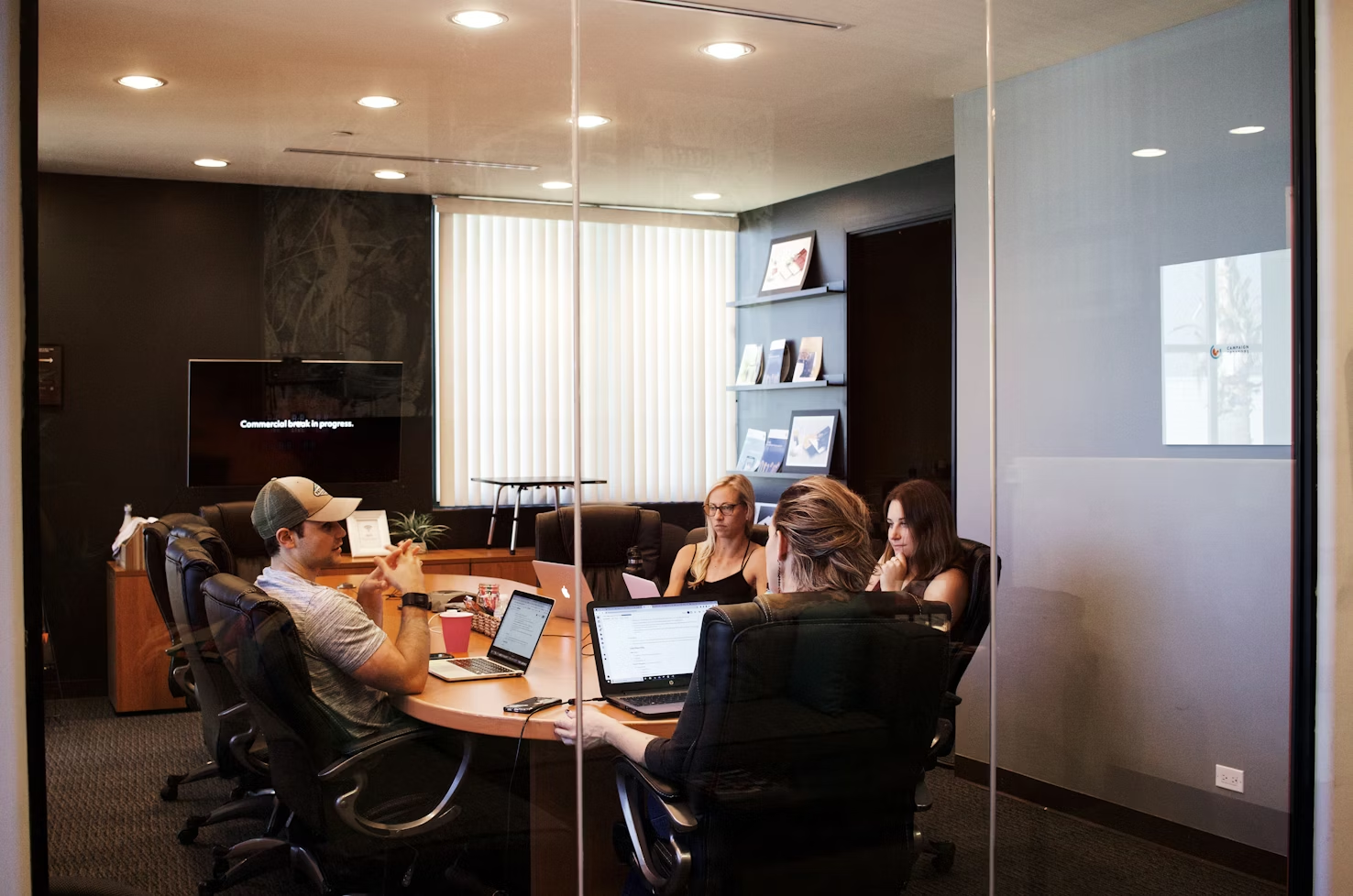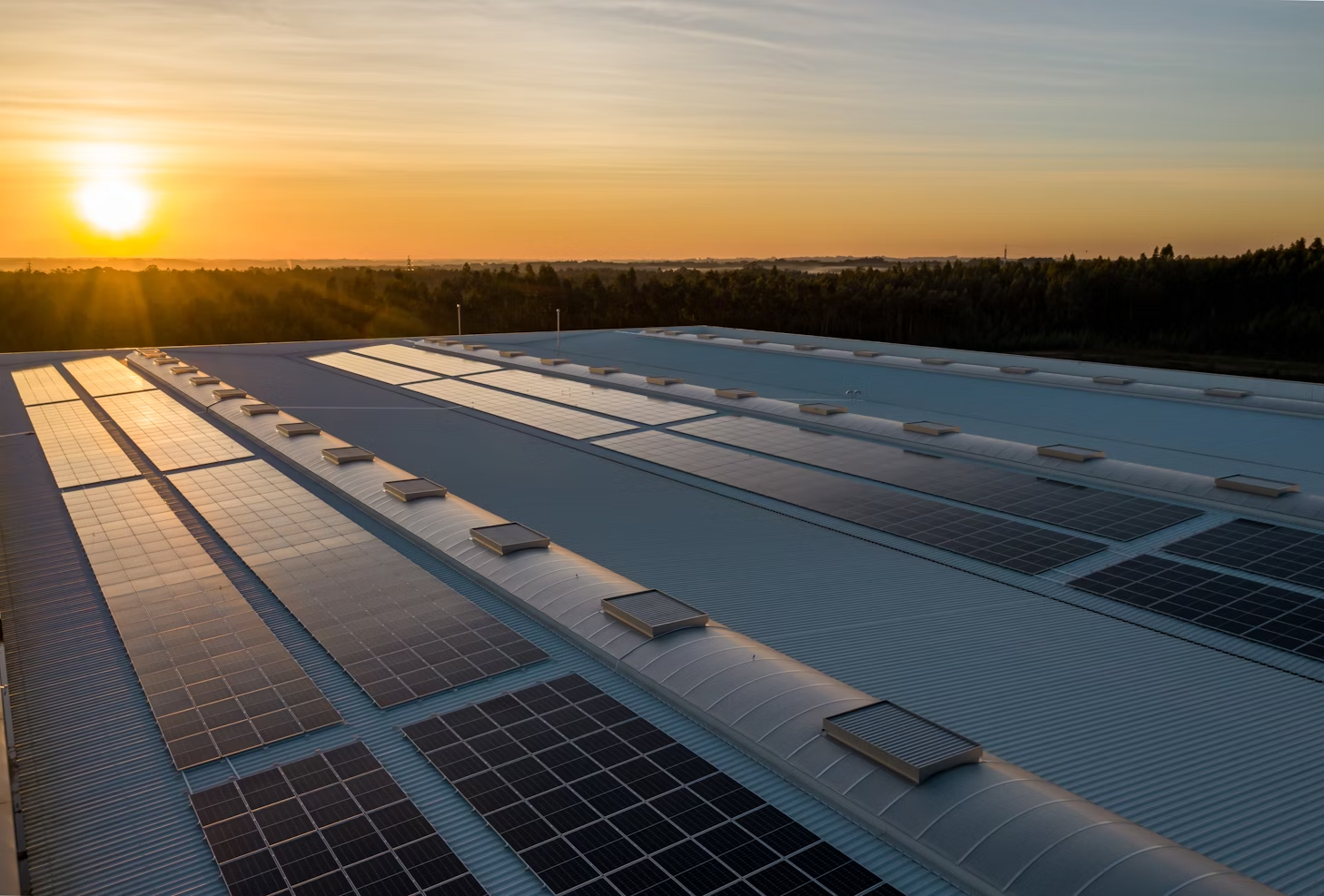SMEs: The unsung heroes of the global ecological transition

In a world where climate change threatens our future, each actor counts in order to advance the ecological transition. But did you know that small and medium-sized enterprises (SMEs) and mid-sized companies (ETI) could well be the unsung heroes of this green revolution?
Often overshadowed by large multinationals, these structures, which represent 99% of businesses in the European Union and contribute to 58% of GDP according to the European Commission, have a crucial role to play.
So how can these SMEs transform the global ecological landscape? What challenges do they face, and how do solutions like the Green FX Can Keewe help them? Let's dive into this exploration.
The environmental weight of SMEs: a major responsibility
When we talk about greenhouse gas emissions, eyes often turn to industrial giants. However, SMEs have a much greater impact than we think. In the United Kingdom, for example, SMEs represent 43 to 53% of corporate emissions, or up to 36% of the country's total emissions, according to a study by the British Business Bank relayed by Small99 in 2021.
To give a more concrete idea, a British SME emits on average 15 tons of CO2 equivalent per year, according to the Carbon Trust (2023). This is equivalent to 150,000 km driven by car — imagine 15 round-trips from Paris to New York by plane!
These figures show that SMEs are not mere spectators in the fight against climate change. With 90% of global businesses and 70% of jobs to their credit (World Bank, 2021), their collective carbon footprint is massive. In France, where SMEs dominate the economic fabric, their role is just as critical.
For example, the average carbon footprint of a French person is 9.4 tons of CO2 per year, 56% of which comes from imports (SDES, 2024). SMEs, who buy and sell internationally, contribute to this imported footprint. And while their impact is a responsibility, it is also an opportunity: by changing their practices, they can become major players in the global ecological transition.
The contributions of SMEs to the ecological transition
Despite their size, SMEs and mid-caps have no shortage of initiatives to green their activities.
Reduction initiatives
In France, from 2020, 44% of businesses, including a large proportion of SMEs, had implemented at least one carbon reduction measure, according to the Ministry of Economy and Finance.
This includes simple but effective actions:
• reduction of waste,
• energy optimization,
• or even transition to renewable energies.
Direct innovations
Some SMEs go further by innovating directly in green products or services. Think of agricultural SMEs that are turning to organic products, companies that develop eco-friendly packaging, or even those that install solar panels for their customers. These initiatives not only reduce emissions: they also influence consumer behavior, pushing the market towards greater sustainability.
Local sourcing
SMEs also have an impact on their supply chains. By choosing local suppliers, they can reduce transport emissions by 15%, according to ADEME (2023). Their proximity to communities also allows them to carry out local projects, such as recycling or circular economy initiatives. For example, French SMEs collaborate on waste recovery projects, creating a snowball effect in their regions (ADEME, 2023).
This agility and this ability to act locally make SMEs unique players in accelerating the global ecological transition.
The challenges that hinder their commitment
However, not everything is so simple for SMEs and ETIs. Adopting sustainable practices often means running up against major obstacles.
1. Limited resources
The first? Limited resources. Setting up a green project can cost between 50,000 and 100,000 euros, according to Medef (2024). For an SME, it is a significant investment, especially when margins are tight and operational priorities (paying salaries, maintaining production) take precedence.
2. Access to data
The lack of information is another barrier. Alone 15% of European businesses have a green finance strategy, according to the European Investment Bank (2021). Without access to clear data or practical advice, many SMEs feel lost in the face of the complexity of ecological solutions.
3. Competitiveness
Added to this is market pressure: customers and competitors demand low prices, which can make sustainable practices — often more expensive in the short term — difficult to justify (OECD, 2021).
4. Regulations
Finally, environmental regulations, while essential, can be a headache. The new European CSRD directive (2025), which requires companies to publish sustainability reports, is an example. For an SME without legal expertise, complying with these rules can seem overwhelming, as Carbone 4 (2024) points out.
These challenges show that, despite their potential, SMEs and mid-caps need a boost to fully engage in the ecological transition.
Opportunities and solutions to accelerate the transition
Fortunately, opportunities and solutions exist to help SMEs overcome these obstacles and become sustainability leaders.
1. Government support
First, governments play a key role. In France, the plan”France 2030“allocated 50 million euros in 2024 to finance low-carbon projects, such as the installation of solar panels or the energy transition of SMEs (ADEME, 2024). These grants, in the form of grants or loans at reduced rates, reduce initial costs and encourage innovation.
2. Training aid
Networks and training courses are also valuable. The CCI (Chambers of Commerce and Industry) in France organize workshops and webinars to make SMEs aware of best ecological practices (CCI France, 2024). Platforms such as the Entrepreneurship Network or the European Circular Economy Stakeholder Platform allow SMEs to share their experiences and collaborate on green projects, strengthening their impact (European Commission, 2020).
3. Fintech solutions
But one of the most promising solutions comes from fintechs, which provide concrete tools to integrate sustainability into daily operations. Take Keewe and its service as an example Green FX. This solution allows SMEs to monitor and reduce the carbon footprint of their international payments. Imagine a French SME exporting to the United States: each transaction emits approximately 50 g of CO2 (estimate based on Arcep/ADEME, 2023). With Green FX, it can not only measure this impact, but also offset its emissions by financing green projects, such as reforestation.
Towards a sustainable future thanks to SMEs
In conclusion, SMEs are not only economic players: they are essential drivers of the global ecological transition. Their agility, their proximity to communities, and their ability to innovate place them at the heart of the green revolution. Yes, they emit — 15 tons of CO2 per British SME on average, or the equivalent of 15 trips between Paris and New York! — but they also work. Whether by reducing their waste, developing green products, or by influencing their supply chains, they are leading the way.
Of course, the challenges are real: limited resources, lack of information, market pressures, and complex regulations. But with support from governments, networks, and fintech solutions like Keewe's Green FX, these obstacles are becoming surmountable. SMEs have everything they need to become sustainability leaders, and every small action counts. So why not join the green revolution today?
Learn how tools like Keewe Green FX can help you reduce your carbon footprint while optimizing your international payments. Together, let's transform your SME into a hero of the global ecological transition!







